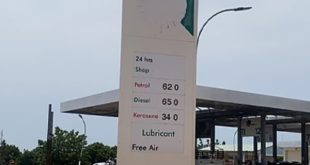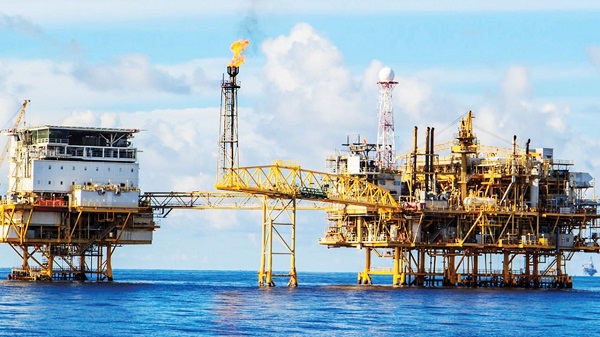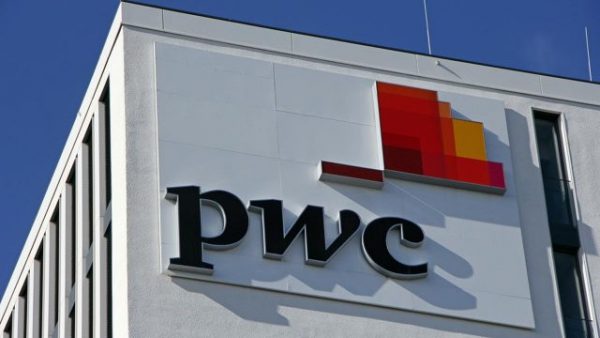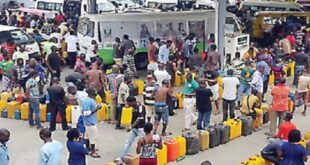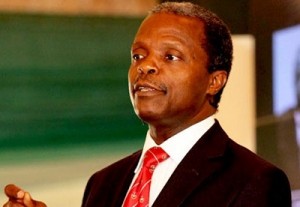
Vice President Yemi Osinbajo has said the Federal Government is not currently planning to sell the nation’s four refineries or part of its stakes in joint venture assets in the oil and gas sector.
The Group Managing Director, Nigerian National Petroleum Corporation, Dr. Ibe Kachikwu, was recently reported to have said that any of the refineries that failed to work optimally at the expiration of a 90-day ultimatum would be sold.

Kachikwu was quoted by the News Agency of Nigeria on September 25 as saying, “By the end of December when the 90-day ultimatum will expire, any refinery that does not work optimally will be sold.”
Asked if selling the refineries or government’s stakes in joint venture assets was on the table, Osinbajo said in an interview with Bloomberg, “At the moment, we are not considering any of those. Of course, they are options that are always there. These options are always there – selling our stakes in joint ventures and all of that. But we think that we are able to resolve some of the cash call difficulties that we have experienced in past years.

“We think that some of what is taking place – the incorporation of the JVs and the JV partners being able to simply borrow, even on behalf of the Federal Government – I mean, able to introduce their own capital into it. These are just ways that we can raise our own portion of contributions to the joint ventures.

“It will only be a last resort to sell down government’s stakes in the joint ventures and we don’t think we have come anywhere near that.”
Osinbajo said the present administration wanted to encourage the development of private refineries in order to cut Nigeria’s dependence on imports.
More than 30 licences for refineries have been granted and private refineries will be allowed to build near the state-run units so that they can “benefit from the available infrastructure,” he said.
The country of about 180 million people subsidises fuel and relies on imports for more than 70 per cent of its supply. Two state-owned refineries in Port Harcourt, with a combined capacity of 210,000 barrels per day, are currently producing at 67 per cent of capacity, while others in Warri and Kaduna were shut, Kachikwu told the Senate last week.
“In the medium term, we will be able to get cheaper pump price of oil because we will be importing far less refined petroleum,” Osinbajo said.
Commenting on the Petroleum Industry Bill, the vice president said breaking up the PIB into smaller laws focused on fiscal and regulatory measures in the energy industry would make it easier to pass through parliament. The bill, first presented in 2008, will be resent to lawmakers in the first quarter of 2016.
“Separating the PIB and breaking it up, obviously is the way I would think that we’ll proceed,” Osinbajo said, adding, “That’s really what the market has been waiting for.”
The proposed law has been held up largely by political wrangling and objections by international oil companies, which say the government is demanding too big an increase in its share of revenue. The delays have caused uncertainty and are costing $15bn a year in lost investments, according to Kachikwu.
The country depends on crude exports for about two-thirds of state revenue and more than 90 per cent of export earnings. A drop in crude prices in the past year has put pressure on public finances, while the naira has declined by 7.4 per cent against the dollar this year.
The NNPC’s divisions will be unbundled to make them more efficient and the corporation will assume more of a regulatory role “as the private sector takes most of the downstream,” Osinbajo said.
However, the government is not considering selling its stakes in ventures with oil companies, which will be a “last resort,” he added.
The nation’s oil and gas production structure is majorly split between joint ventures onshore and in shallow water, with foreign, local companies and production sharing contracts in deepwater offshore.
The NNPC owns between 55 per cent (for JVs with Shell) and 60 per cent (for all others) and the JVs are jointly funded by the oil majors and the government through the corporation.
 MMS PLUS NG – Maritime, Aviation, Business, Oil and Gas News Online Newspaper with coverage in Maritime, Oil and Gas, Aviation, Power and Energy as well as Financial News
MMS PLUS NG – Maritime, Aviation, Business, Oil and Gas News Online Newspaper with coverage in Maritime, Oil and Gas, Aviation, Power and Energy as well as Financial News



